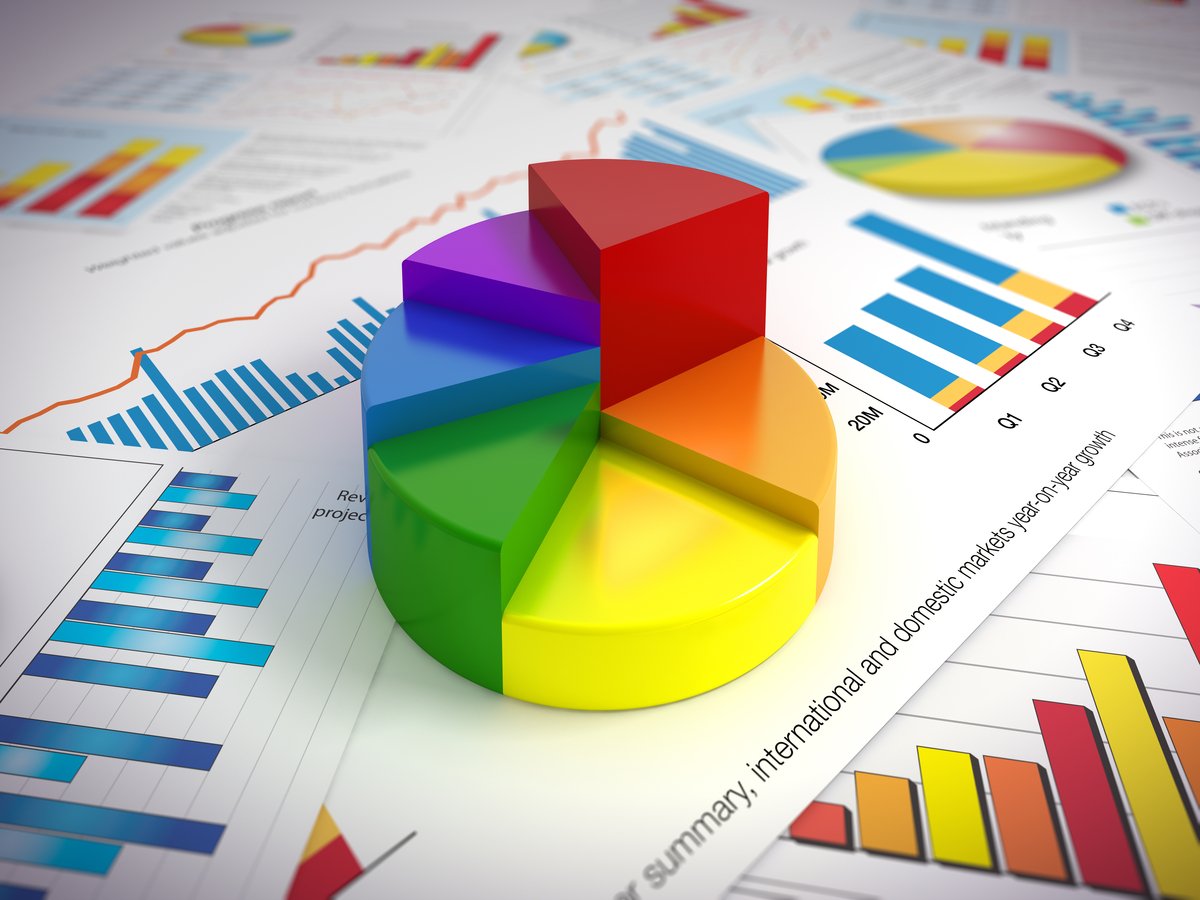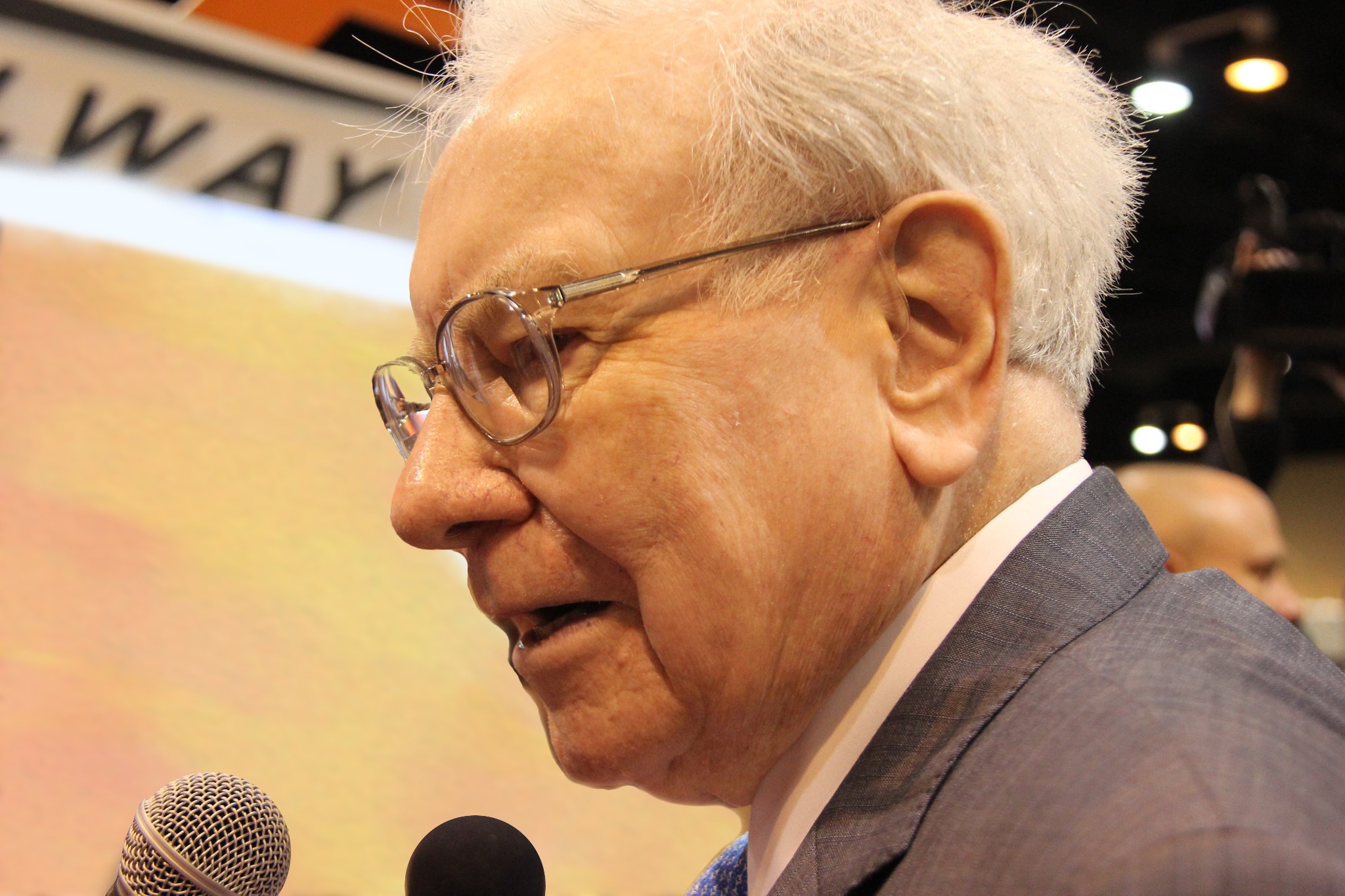Warren Buffett's Berkshire Hathaway (BRK.A 1.42%)(BRK.B 1.24%) reported its second-quarter earnings results on Aug. 2. Buffett will be stepping down as the company's CEO in a little under five months, and investors are likely paying close attention to the last reports with him at the helm. Although the company's operating results came in strong, investors may have been disappointed that Berkshire didn't repurchase any of its own stock.
In addition to watching the usual earnings metrics, investors are always parsing through Buffett's letters and Berkshire's regulatory filings on the hunt for clues about how Buffett and his team feel about the economy. In its Q2 report, Berkshire specifically mentioned President Donald Trump's tariffs. The company's warning to Wall Street only grew louder.
Berkshire's businesses are emblematic of the economy
While Buffett had expressed concerns about the U.S. trade deficit with other countries in the early 2000s, he and Berkshire have made it pretty clear that they are not a fan of Trump's tariff plans.

Image source: Getty Images.
Earlier this year, during an interview with CBS, Buffett called tariffs "an act of war to some degree." He also said that the U.S., throughout its history, has significant experience with tariffs, and he believes that over time they are a tax on goods. "I mean the tooth fairy doesn't pay them," he said.
About five months later, the tariff drama has wound down, and the market has seemingly gotten used to Trump's negotiating style of seeming to play hardball and then choosing a tariff rate that tends to be a little bit easier to digest. That said, I think tariff rates have come in higher than most experts and pundits expected. Imports from most countries are looking at a rate of 15%, while imports from more than a few countries currently face rates in the 20% to 40% range, as of this writing.
Make no mistake, those rates are significant and will have an impact. While tariffs are projected to bring in significant revenue for the U.S. government, most experts, including Buffett, view them as a tax that someone has to bear. Additionally, Trump's constant changing of tariff rates and the resulting uncertainty are likely leading many businesses to hit the pause button on hiring and their capital expenditure plans.
On its Q2 earnings report, Berkshire wrote:
Our periodic operating results may be affected in future periods by the impacts of ongoing macroeconomic and geopolitical conflicts and events, as well as changes in industry or company-specific factors or events. The pace of changes in these events, including tensions from developing international trade policies and tariffs, accelerated through the first six months of 2025. Considerable uncertainty remains as to the ultimate outcome of these events. We are currently unable to reliably predict the ultimate impact on our businesses, whether through changes in the availability of products, supply chain costs and efficiency, and customer demand for our products and services. It is reasonably possible there could be adverse consequences on most, if not all, of our operating businesses, as
well as on our investments in equity securities, which could significantly affect our future results.
This, in my view, makes more deafening the warning to Wall Street, especially when you consider that Buffett typically tries to stay out of politics.

NYSE: BRK.B
Key Data Points
It's also important to note that Berkshire Hathaway, one of the largest conglomerates in the world, owns companies across most sectors. In addition to its nearly $300 billion equities portfolio, Berkshire owns one of the largest insurance businesses in the U.S., significant energy assets, the Burlington North Santa Fe Railroad, a large mortgage business, and smaller businesses in other sectors, giving the Berkshire team strong visibility into the broader economy.
The big threat from tariffs
While Berkshire did not spell out specifically how tariffs could adversely impact all of its operating businesses, it's reasonable to assume that Berkshire's team is concerned about an uptick in inflation that, paired with higher unemployment, could put the economy and Federal Reserve in a bit of a pickle.
While inflation on the whole has not surged higher just yet, as some had feared, it is starting to rear its head in certain areas that would be more impacted by tariffs like apparel, toys, and appliances. Businesses are also starting to announce charges from tariffs, including the major U.S. car companies, as well as major retail and apparel companies.
It's possible that tariffs lead to a one-time hit to inflation, but the longer the uncertainty continues, the longer companies stay on pause. Already, there are signs of weakness in the labor market. It's also possible that tariffs stall growth and inadvertently lead to disinflation (a slowing of inflation). Regardless, the Fed and most others want to avoid a stagflation scenario where both unemployment and inflation rise, putting the Fed in a bind, where it can't raise or lower interest interest rates without raising unemployment or reigniting inflation.
Since the big tariff scare in April, the market has largely been able to shake off worrisome tariff news and events. But as more and more data piles up, the market won't be able to ignore the signs forever.






